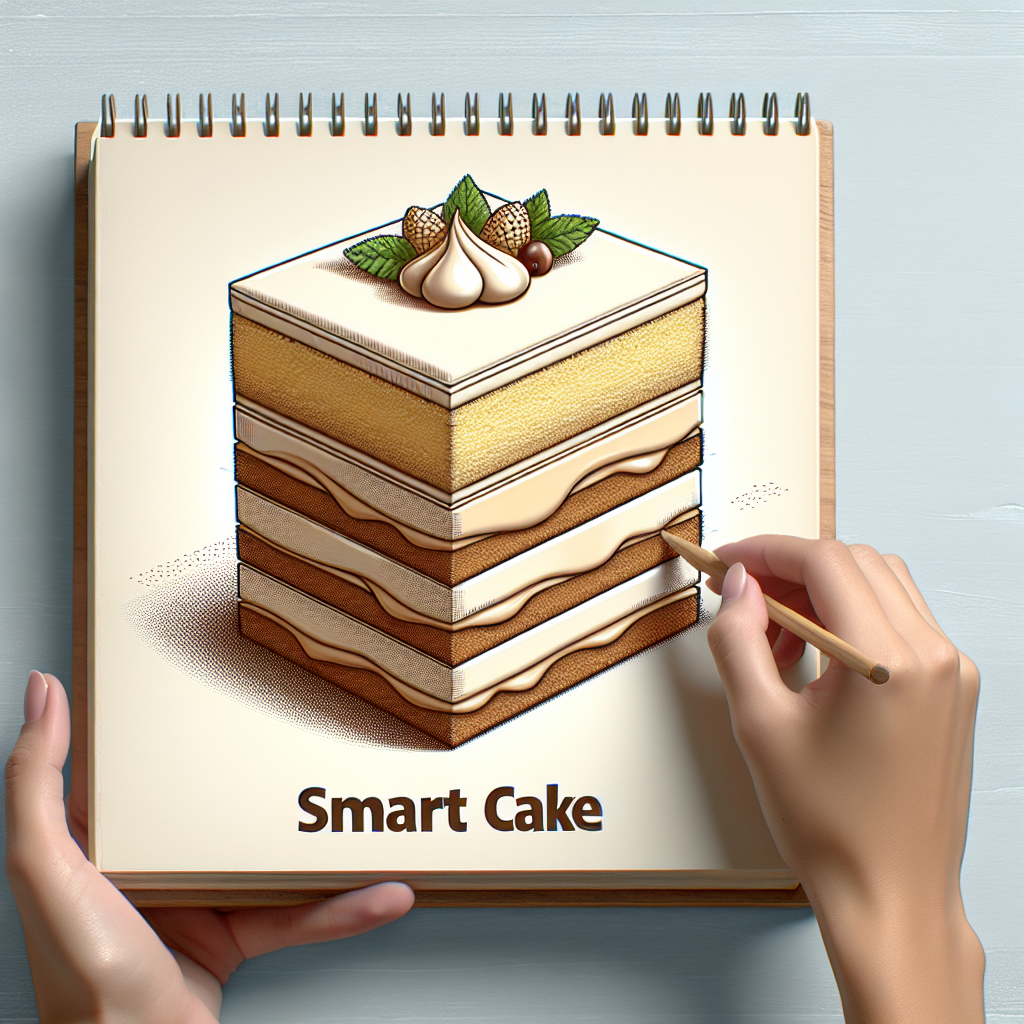Child Development: A Complete Guide to the Essential Stages
Introduction
Understanding the child's development is fundamental to ensure an optimal course of his growth and education. This comprehensive guide to developmental milestones is a must-have tool for every parent and educator, giving you all the information you need to support your children's healthy progress.
Physical Development
1. Newborn (0-2 months) A newborn's physical development is rapid and impressive. At this stage, babies develop their reflexes, such as reaching and grasping. It is important to provide the newborn with adequate nutrition and physical stimulation through gentle touch and hugs to promote healthy development.
2. The infant (2-12 months) During this time, children begin to control their movements better, holding their heads up, rolling over, and eventually crawling or walking on their feet. Now is the time to encourage exploration through educational games and toys.
3. Toddler (1-3 years) Once your baby starts walking and talking, you enter the toodler stage. Encouraging independence and providing clear boundaries are crucial for this period. Remember to include plenty of physical activity in your daily routine.
4. Preschool (3-5 years) Preschoolers improve their motor coordination and social skills. This stage is ideal for sports, dance and other structured activities that develop cooperation and respect for rules.
5. School Age (6-12 years) Children now become better at sports, develop their writing and drawing skills and learn to manage their time better. Encouraging household responsibilities and organization is essential.
Emotional and Social Development
1. Newborn (0-2 months) The relationship with the parents is essential for the emotional and social development of the newborn. Providing a safe and loving environment will help form the first emotional bond.
2. Infants (2-12 months) Children begin to recognize familiar people and may exhibit separation anxiety. It is essential to spend quality time with your baby, playing and communicating through simple gestures and words.
3. Toddler (1-3 years) In this stage of emerging independence, the child explores basic emotions such as happiness and frustration. Establishing a routine that includes time for free play and exploration is important.
4. Preschool (3-5 years) Preschoolers develop empathy and begin to understand the needs and feelings of others. Conflict resolution and role playing are effective methods of encouraging these developments.
5. School Age (6-12 years) The child begins to form close friendships and understands complex concepts such as fairness and justice. It is important to support the formation of a positive self-image and to provide opportunities for social interaction.
Cognitive Development
1. Newborn (0-2 months) Even at this early stage, the child begins to explore the world. Talking and reading to them can help form brain connections.
2. Infants (2-12 months) Curiosity is the key word at this stage. Using educational games and exposure to new experiences will support cognitive development.
3. Toddler (1-3 years) Children begin to use objects symbolically and learn by imitation. Building toys and creative activities are essential at this time.
4. Preschool (3-5 years) Thinking becomes more logical and problem-solving oriented. Educational games that promote numbering and letter recognition are important for school preparation.
5. School Age (6-12 years) With the start of school, the child learns to read, write and count. Structured activities and supporting a child's natural curiosity will ensure academic success.
Conclusion
Child development is a complex and wonderful process. It is our responsibility as parents and educators to provide the necessary support for each stage to be successfully traversed. By encouraging physical, emotional and cognitive activities appropriate to each stage, we can support the harmonious development of our children. For more resources and tips, subscribe to our newsletter and explore our range of dedicated products on [Store Link].



















































































































































